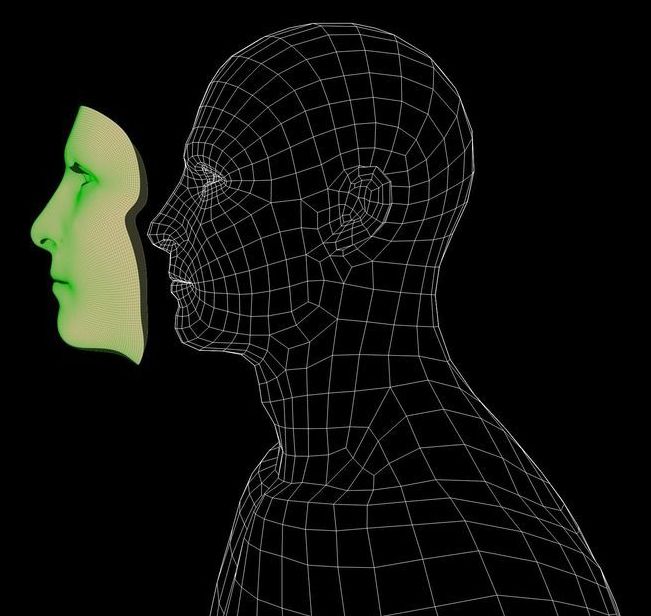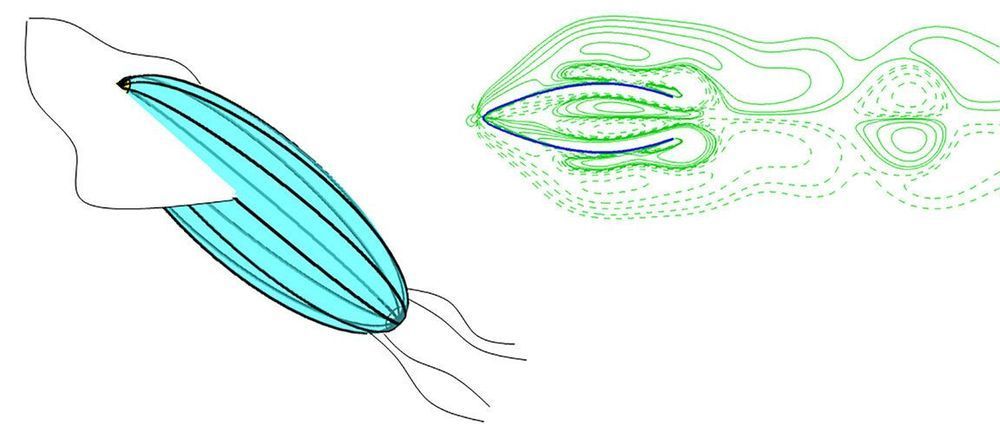We all know that dogs are a man’s best friend, but has the world really come to this?
On a particularly blustery day in New York City, I found myself (as one with the income bracket of a writer sporadically does) on the Upper East Side, amidst tribes of cooler-than-thou high school students, dedicated dog walkers and women wearing hats that looked like a Shar-Pei had potentially suffered in the making of it.
Nonetheless, I braved the chilly air and found solace in the Cooper Hewitt Museum, the design institution that is part of the Smithsonian. Upon entering, visitors are greeted with a magic wand-looking pen tool, that serves as an interactive notekeeper for items you are interested in. “How innovative.” Perfect for a museum about innovation, am I right? With my magic wand in hand, I entered the Narnia of objects, with the first stop being an exhibition titled “Access and Ability.” Featuring “artifacts” designed for people with disabilities, I was surprised to find among the various innovations, a very cute-looking puppy that I instinctively wanted to pet. But I did not, for fear of being arrested, a la Ocean’s 12.






